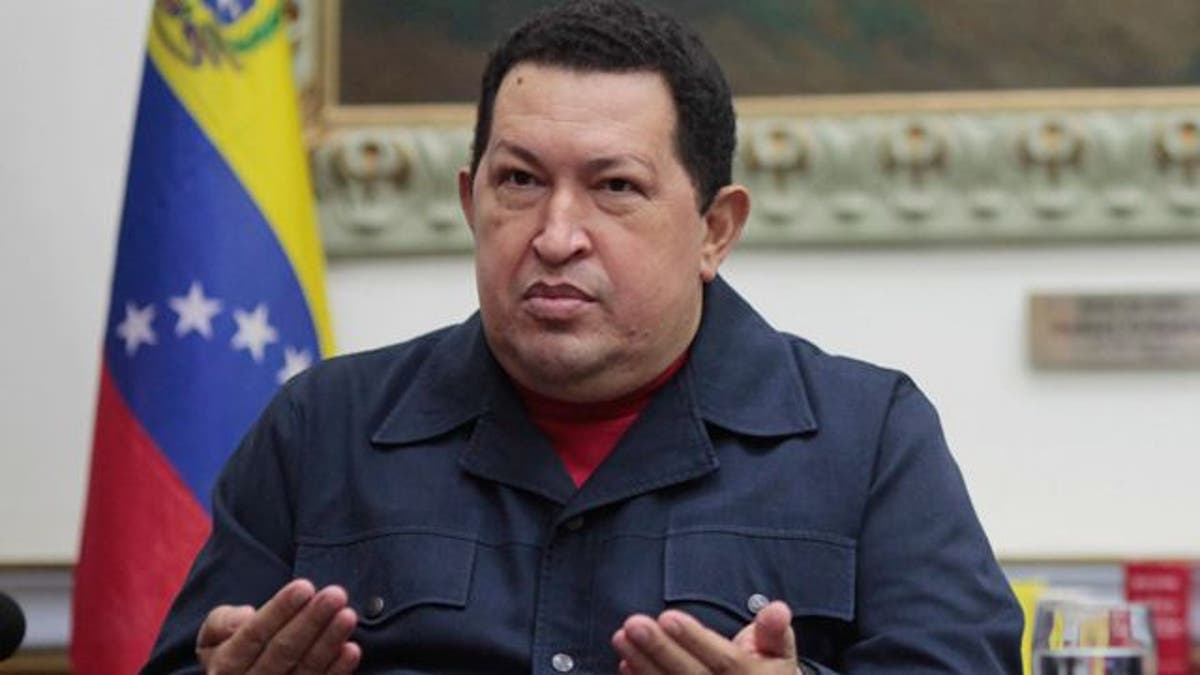
Late Venezuelan President Hugo Chávez, repeatedly accused of persecuting media critics during his 14-year rule, was posthumously granted the Simon Bolivar National Award for Journalism Thursday in Caracas.
The award was given by President Nicolás Maduro to Maria Gabriela Chávez, the second of Chávez’s four children.
Modaira Rubio, one of the five jury members of the National Journalism Prize Foundation, justified the controversial award by saying that Chávez "helped dismantle the myth that the media is to inform. That is a half truth that conceals the great problem of class struggle and ownership of media in capitalism."
"The history and practice of journalism in Venezuela alone can be divided into two periods, before and after Commander Chávez."
Rubio said the former president opened his eyes to millions worldwide, "making them understand that the mainstream media serves the interests of the oligarchy and imperialism."
"The history and practice of journalism in Venezuela alone can be divided into two periods, before and after Commander Chávez," Rubio said.
Gloria Cuenca, a Venezuelan academic in the field of journalism ethics and law, told the AP that the prize awarded to Chávez seeks only to enhance his political image.
She recalled that during his rule the relationship with journalists was terrible.
“There were many times we were attacked and we cannot forget other actions as his decision to shut down 33 TV stations in 2009, and the closure of Radio Caracas Television (RCTV) for being very critical of the government," Cuenca said.
Chávez's socialist government did not renew the broadcast license of RCTV, the oldest private television network in the country and one of the most popular. After a brief return through subscription services, the government amended the telecommunications law and forced operators to exclude the station from both cable TV and satellite services.
The journalistic foundation giving out the award is comprised of journalists and academics seen being on the government's take. The jury received 79 published entries this year, including works from all types of journalistic outlets including from print, broadcast (television and radio), opinion, photography, education and programming.
Based on reporting by The Associated Press.
Follow us on twitter.com/foxnewslatino
Like us at facebook.com/foxnewslatino
